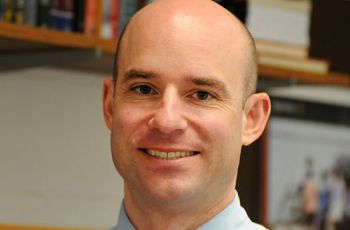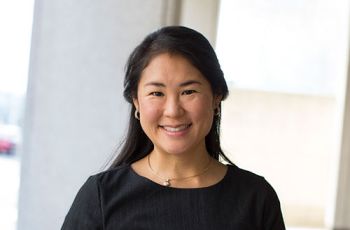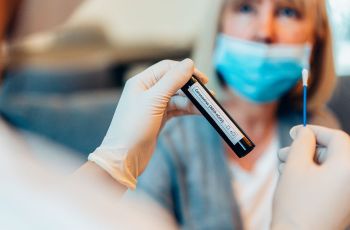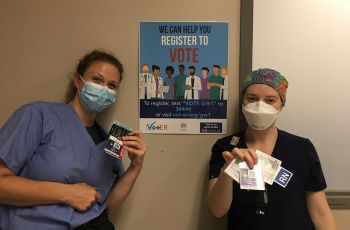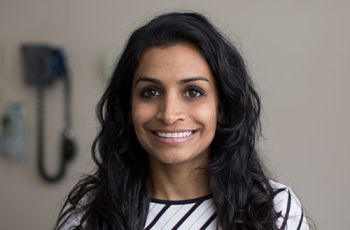News Archive
Four young researchers at the GW School of Medicine and Health Sciences were selected as fellows to the recently awarded five-year National Cancer Institute T32 Training Grant.
David Diemert, MD, professor of medicine, was live on The Kojo Nnamdi Show for a segment about the progress of COVID-19 vaccine trials and what people can expect.
Suzan Song, MD, PhD, MPH, associate professor of psychiatry and behavioral sciences, spoke to The Washington Post for an article about the impacts pandemic stress has on children with OCD.
Monica Lypson, MD, professor of medicine, spoke to WAMU for article about the status of rapid antigen testing for COVID-19 in the Washington, D.C. region.
SMHS providers and students are working to increase the District of Columbia’s registration numbers by reaching out to potential voters in an unusual place: the emergency department.
The retrospective study from a team at GW found that spironolactone may be safe to treat female pattern hair loss in breast cancer survivors.
Kavita Patel, MD, MSHS, adjunct associate professor of emergency medicine, was on the Today Show to discuss the safety of children as they return to school.
Pooja Lakshmin, MD, clinical assistant professor of psychiatry and behavioral sciences, spoke to Self for an article on why it's important to normalize what it means to stuggle with mental health.
The George Washington University (GW) Medical Faculty Associates’ Department of Orthopaedic Surgery will be opening for orthopaedic specialty care walk-in services for GW employees and their families.
